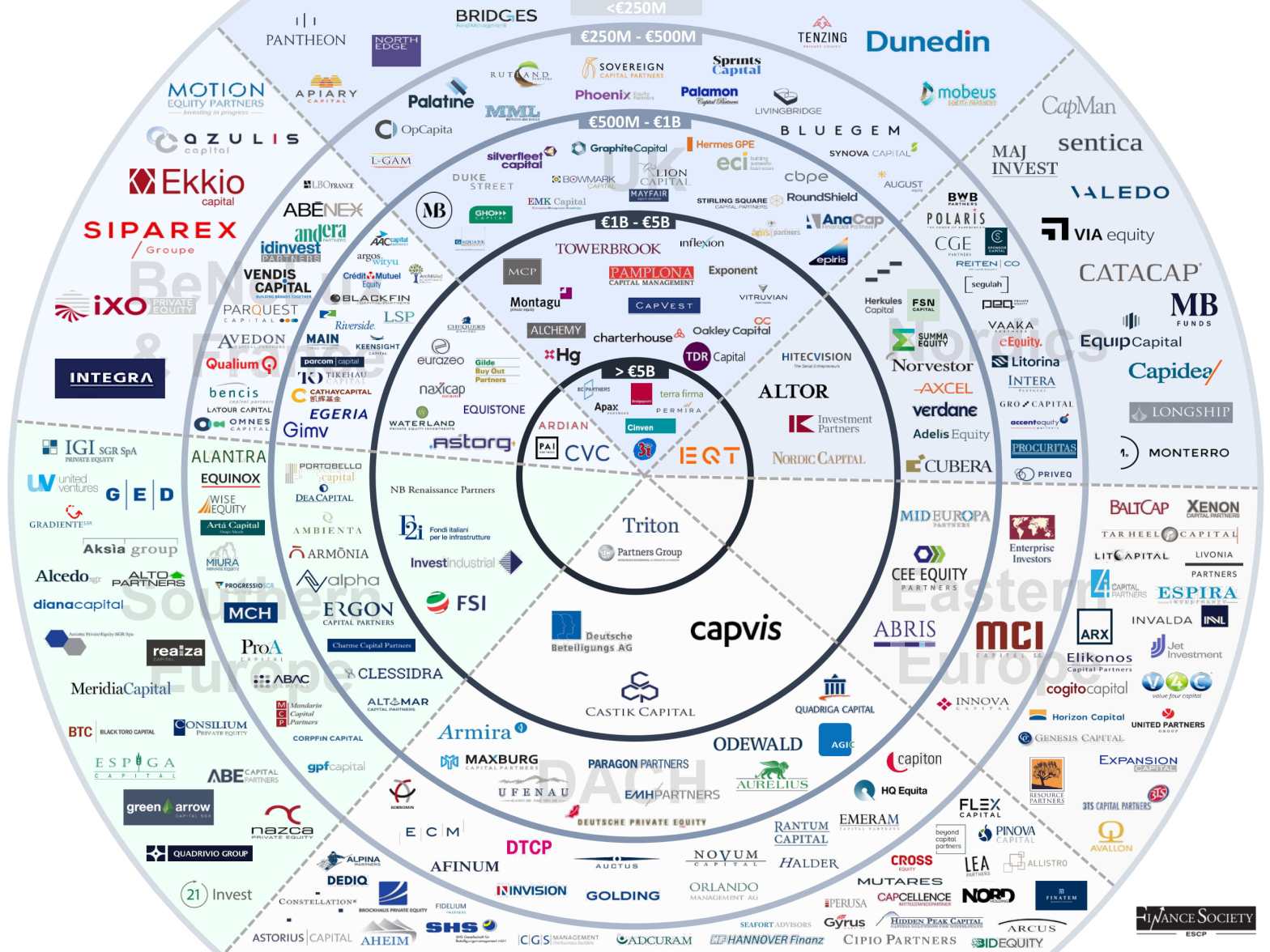- September 23, 2021
- By Amber
- Uncategorized
Private equity funds are liquidity pools of capital to be purchased business that represent a chance for a high rate of return. They come with a fixed investment horizonRoi (ROI), typically varying from four to seven years, at which point the PE firm intends to successfully exit the investment.
2. Buyout or Leveraged Buyout (LBO)Contrary to VC funds, leveraged buyout funds purchase more fully grown businesses, typically taking a controlling interest. LBOLeveraged Buyout (LBO) funds use extensive amounts of take advantage of to enhance the rate of return. Buyout discovers tend to be substantially bigger in size than VC funds. Exit Considerations, There are several consider play that affect the exit strategy of a private equity fund.
View this post on Instagram
Beginner`s Glossary To Fund Finance – Mayer Brown
In terms of a wholesale exit from business, there can be a trade sale to another buyer, LBO by another private equity company, or a share repurchase. In regards to a partial exit, there could be a private positioning, where another financier purchases a piece of business. Another possibility is corporate restructuring, where external financiers get involved and increase their position in business by partly obtaining the private equity firm`s stake.
To keep knowing and advancing your profession, the list below resources will be valuable:.
What Is Private Equity And How Does It Work: Best Guide 2021
Looking into your family history with Origins!.?.!? PE-backed. But exactly what is private equity? A foundational principle for anybody interested in learning aboutor working in an industry digressive tothe personal markets, this blog site breaks down the basics of PE. What is private equity? Private equity (PE) is a kind of financing where money, or capital, is invested into a business.

PE is a significant subset of a bigger, more complex piece of the monetary landscape called the personal markets. Private equity is an alternative property class alongside real estate, endeavor capital, distressed securities and more. Alternative property classes are considered less traditional equity financial investments, which suggests they are not as easily accessed as stocks and bonds in the general public markets.
The Top 10 Largest Private Equity Firms In The World – Funds
What is a private equity fund? To invest in a business, private equity financiers raise pools of capital from restricted partners to form a fundalso referred to as a private equity fund. Once they`ve struck their fundraising objective, they close the fund and invest that capital into promising business. Both private equity funds and hedge funds are limited to accredited investors.
And shared funds are just permitted to collect management charges, whereas PE funds can gather performance charges, which is gone over more below. Get it now on Google Books How do private equity companies generate income? PE funds collect both management and performance costs. These can vary from fund to fund, but the. Computed as a portion of possessions under management or AUM, typically around 2%.
What Do Private Equity Firms Do & What It Means For Employees


Calculated as a portion of the earnings from investing, typically around 20%. These fees are intended to incentivize higher returns and are paid out to staff members to reward their success. How does private equity work? To buy a company, private equity financiers raise pools of capital from limited partners to form the fund.
When a PE company offers one of its portfolio companies to another business or financier, the firm typically earns a profit and distributes returns to the limited partners that purchased its fund. Some private equity-backed business might also go public. What are some examples of private equity companies? The Blackstone Group Headquartered in New York, the investment company purchases PE, real estate and more.
Private Equity – Us – Wellington Management
So, VC is a form of private equity. Here are some additional distinctions in between PE and VC. Private equity PE companies frequently buy fully grown businesses in traditional industries. Utilizing capital devoted from LPs, PE investors invest in promising companiestypically taking a bulk stake (> 50%). When a PE company sells among its portfolio companies to another business or investor, returns are dispersed to the PE investors and to the LPs.
Endeavor capital VC companies often invest in tech-focused startups and other young business in their seed. Using committed capital, VC financiers generally take a minority stake




